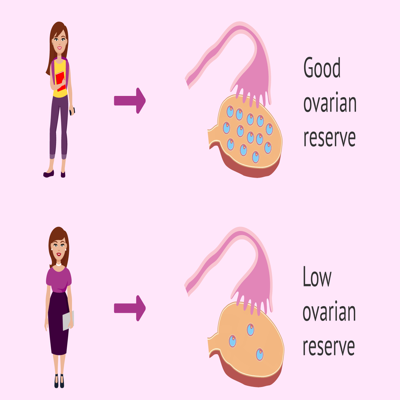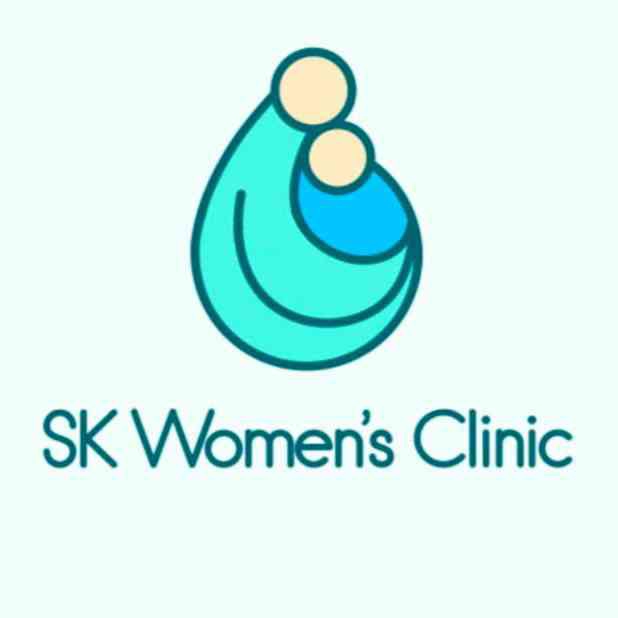+918048040635

This is your website preview.
Currently it only shows your basic business info. Start adding relevant business details such as description, images and products or services to gain your customers attention by using Boost 360 android app / iOS App / web portal.
Low Egg Reserve: Understanding Its Impact on Ferti...

Low Egg Reserve: Understanding Its Impact on Fertility Are you are trying to conceive? Have you been told by your doctor that you have low egg reserve? In this blog, we will try to explain the condition of Poor ovarian Reserve and how it affects your chances of having a baby. Many couples see their gynac before they plan for pregnancy and during their pre conceptional checkup they are told that their egg reserve is low and this makes them really worried. First of all, having Low Egg reserve doesn't completely eliminate the chances of having a baby. But there can be certain serious implications of this on your fertility. Low egg reserve, also known as diminished ovarian reserve, means that a woman has fewer eggs left in her ovaries than expected for her age. 1. What is Egg Reserve?Women are born with a finite number of eggs. Over time, this number decreases naturally as a part of aging. 2. What is Low Egg Reserve? If a woman has low egg reserve, it means she has fewer eggs than typical for her age group. This can affect fertility because it may be harder to conceive with fewer eggs. Low egg reserve can happen for various reasons, including: Age: As women get older, especially after 35, the number of eggs naturally decreases. Genetics: Some women are genetically predisposed to have fewer eggs. Medical Treatments: Treatments like chemotherapy or radiation can reduce the number of eggs. Health Conditions: Conditions like endometriosis, polycystic ovary syndrome or auto immune conditions can affect egg reserve. Are there any specific symptoms to know about low egg reserve? Often, there are no symptoms. Some women may notice irregular menstrual cycles or have difficulty getting pregnant. Doctors can diagnose low egg reserve through: Blood Tests: Measuring hormone levels like Anti-Mullerian Hormone (AMH) and Follicle Stimulating Hormone (FSH). Ultrasound: Checking the number of small follicles in the ovaries known as Antral Follicle count or AFC How does it affect the Fertility? While having a low egg reserve can make it more challenging to conceive, it doesn't make pregnancy impossible. Many women with low egg reserve go on to have healthy pregnancies. But majority of couples require assistance from fertility specialists. And the treatment options which are commonly offered are- Fertility Treatments: Such as in vitro fertilization (IVF) or ICSI Medications: To stimulate the ovaries to produce more eggs. Lifestyle Changes: Maintaining a healthy diet, managing stress, and avoiding smoking can help overall fertility. It's important to talk with a doctor especially a fertility expert to understand your specific situation and explore the best options for you. At SK Women's Clinic, we understand that a diagnosis of low egg reserve can be challenging, and we're here to provide compassionate and expert care to help you navigate this journey. Under the expert guidance of Dr. Shreeja karan, a renowned specialist in fertility and reproductive health, we offer a range of advanced treatments tailored to your unique needs.

